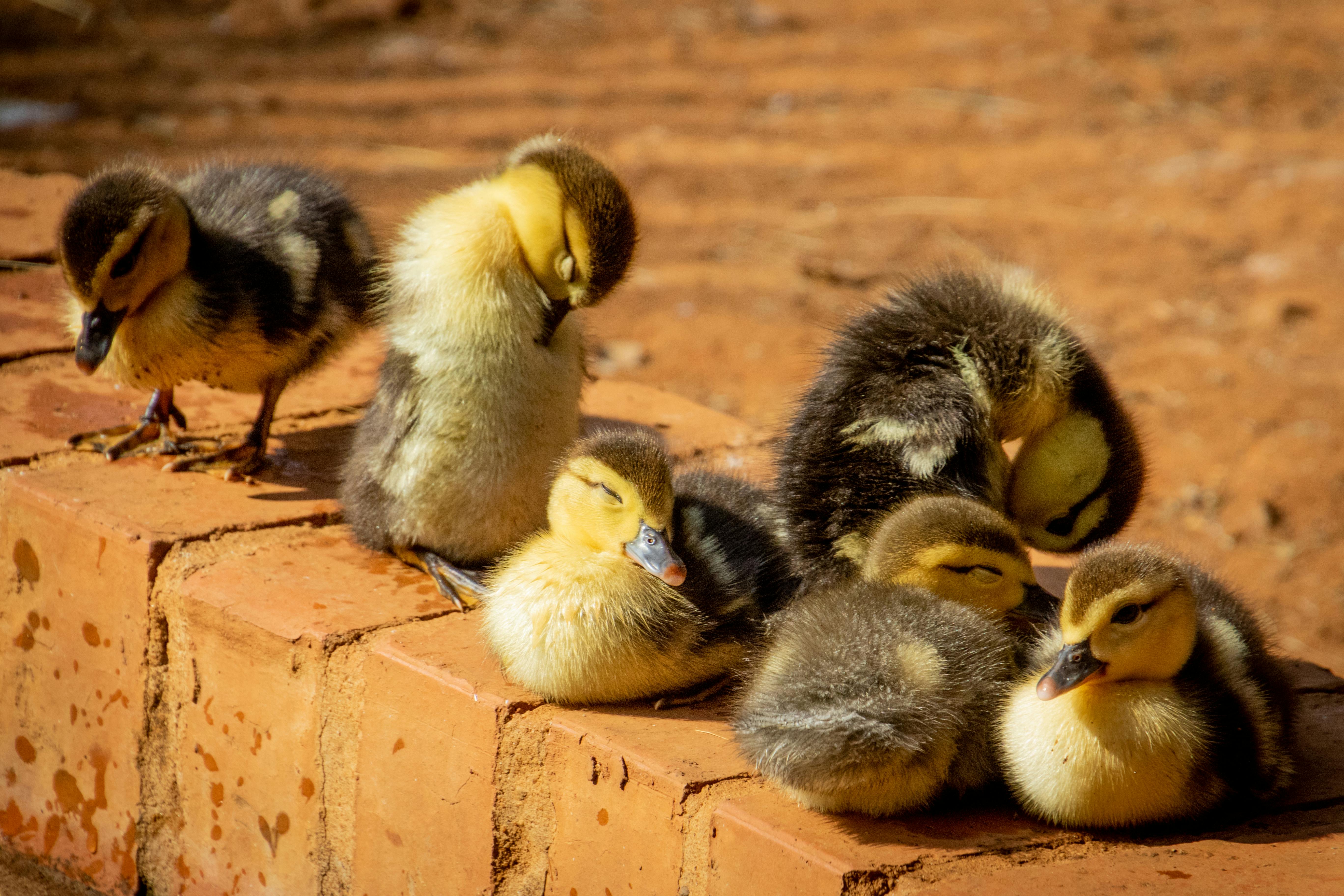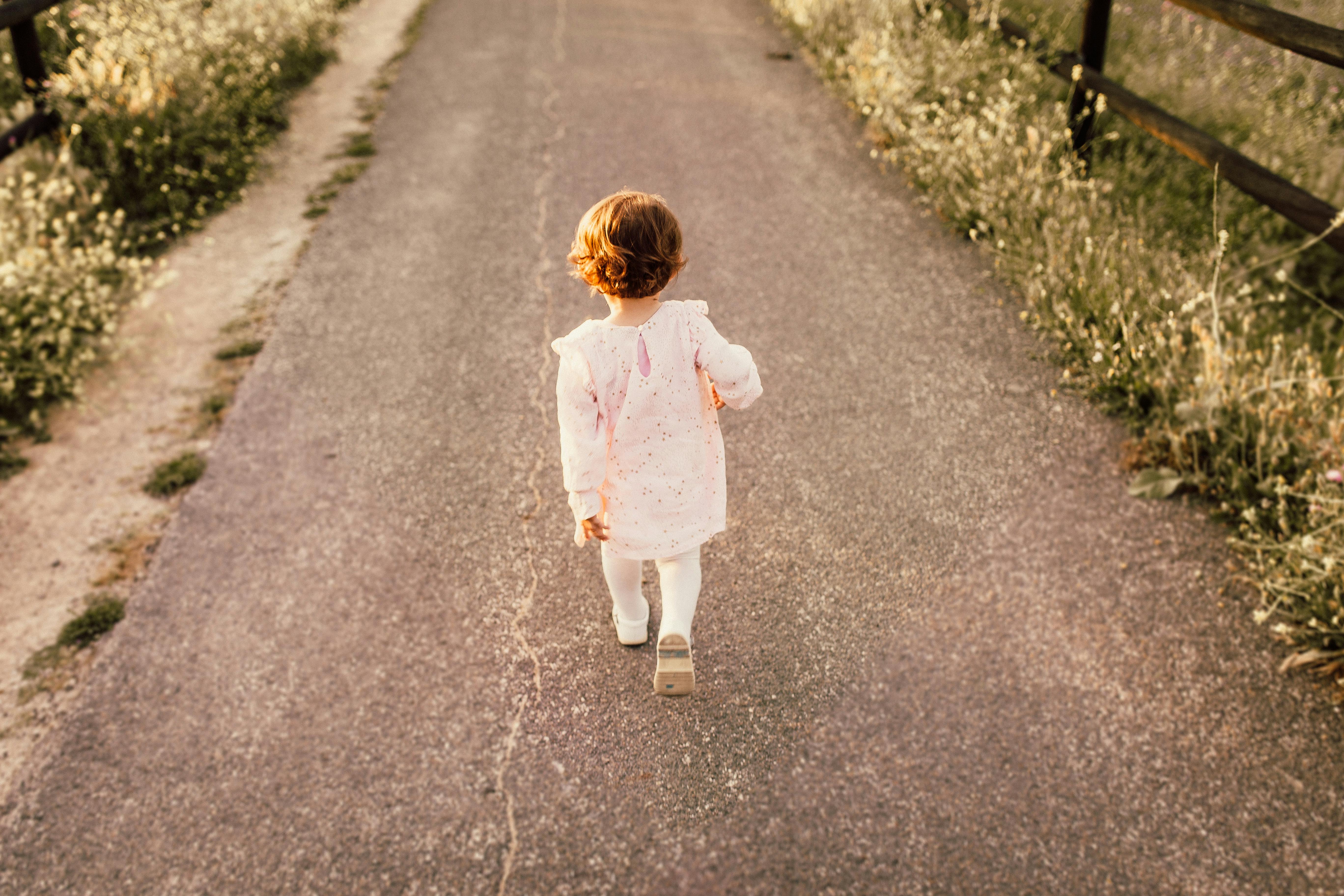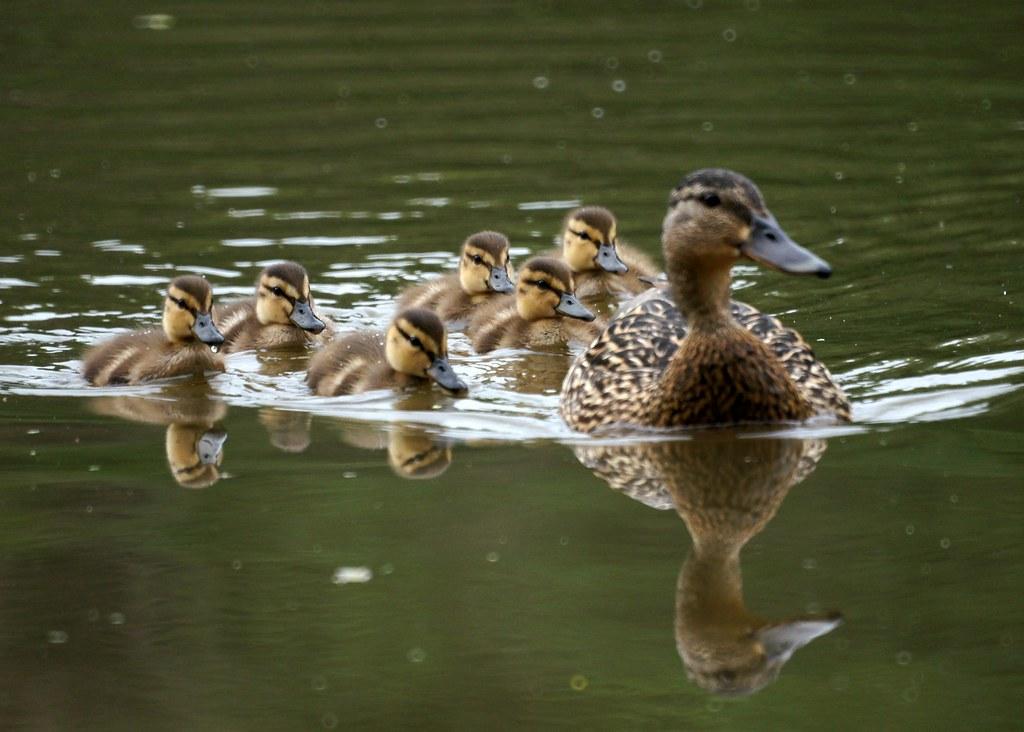When Can Baby Ducks Go Outside is an important question that many people have when they are raising ducklings. It is important to provide the right environment for baby ducks so that they can grow up healthy and safe. In this article, we will discuss the factors that need to be taken into consideration when determining when baby ducks can go outside, as well as provide tips on how to prepare their environment for them.Baby ducks can go outside when they are fully feathered, which usually occurs when they are 6 to 8 weeks old.
Age and Temperature Requirements for Baby Ducks Going Outside
Baby ducks can start going outside when they are about two weeks old and the temperature is above 10°C (50°F). It is important that the temperature stays above this level for a prolonged period of time, so that baby ducks can acclimatise. At this stage, it’s important to make sure that the ducklings have access to shelter so that they can get away from the elements if needed. If the temperature drops below 10°C (50°F) during any part of the day, it is best to bring them back inside until it warms up again.
As they get a little older, usually around 4-6 weeks, baby ducks are better able to handle cooler temperatures. At this age, they should be able to stay outside in temperatures as low as 5°C (41°F), provided they have access to plenty of shelter and warmth. However, if temperatures drop below 5°C (41°F) or if there is snow on the ground, it’s best to keep them indoors until the weather improves.
By 8-10 weeks of age, baby ducks should be able tolerate most average winter weather conditions. They will still need access to shelter in cold or wet weather but should be able to handle temperatures down to 0°C (32°F). If your ducklings are kept outdoors during wintertime, it is important that they have access to a heated shelter or coop with plenty of bedding material. This will help keep them warm and comfortable during colder days and nights.
It is also important that baby ducks are not exposed to extreme temperatures for extended periods of time – either too hot or too cold – as this can put them at risk of serious health complications. It is best practice to monitor their environment closely and bring them indoors if necessary in order to ensure their safety and wellbeing.
Signals That Baby Ducks Are Ready to Leave the Nest
When baby ducks hatch, they usually stay in the nest with their mother for a few days before venturing out into the world. During this time, there are several signals that indicate they are getting ready to leave. One of the first signs is that the ducklings will start to spread their wings and flap them around in preparation for flight. They may also begin to wander away from the nest, exploring their surroundings and getting used to being on their own.
Another sign that baby ducks are preparing to leave is when they start swimming. This is usually done in shallow water near the nest and helps them get used to moving around in water. The ducklings will often practice dabbling, which is a type of shallow swimming where they dip their heads underwater to search for food.
The last sign that baby ducks are ready to leave is when they start making loud quacking noises. This indicates that they are communicating with each other and becoming more independent from their mother. Once these signs appear, it’s usually only a matter of days before the ducklings will be ready to leave the nest and explore the world on their own.
It’s important for duck owners to recognize these signs so that they can provide a safe environment for the ducklings when they do eventually leave the nest. Providing them with access to food, water, and shelter will help ensure that they have everything they need as they begin this new adventure!
Ensuring a Safe Environment for Baby Ducks Going Outside
When baby ducks first venture outside, it is important to ensure that they have a safe environment in which to explore. To provide a safe environment for baby ducks going outside, there are several steps that should be taken. First, the area should be free of hazards such as cars, dogs, and other animals that could cause harm to the ducklings. Second, the area should provide adequate shelter from the elements such as hot sun or rain. Finally, providing fresh water for the ducks to drink and bathe in can ensure their safety and help keep them healthy.
It is also important to make sure that any predators such as hawks or foxes are kept away from the ducks while they explore their new outdoor environment. If this is not possible, then setting up a fenced-in area where the ducks can roam safely can be beneficial. Additionally, keeping an eye on the ducklings while they are outside can help protect them from any potential danger.
In summary, when baby ducks first venture outside it is essential to provide them a safe environment in which to explore. This includes ensuring that hazards such as cars and other animals are kept away from them, providing adequate shelter from the weather elements, and ensuring fresh water is available for them to drink and bathe in. Additionally, keeping predators away or setting up a fenced-in area can help keep baby ducks safe while they explore their new outdoor environment. Finally, keeping an eye on the ducklings while they are outside will help protect them from any potential danger.
Preparing the Home for the Ducklings’ First Outing
When you bring home a new batch of ducklings, it is important to prepare your home for their first outing. This process starts with making sure that the environment they will be living in is safe and secure. You’ll want to check the area for any potential hazards like sharp objects, chemicals, or poisonous plants. Make sure there are no open spaces that could allow them to escape. Once you have checked for potential hazards, it’s time to create a safe space for them to roam.
You can do this by providing plenty of soft bedding material such as straw or hay. This will give them a comfortable place to rest and play. You’ll also want to provide plenty of shallow water containers so they can take regular baths and stay hydrated. It’s also important to make sure they have access to food and treats throughout the day so they stay nourished and healthy.
Finally, before taking your ducklings out on their first outing, it’s essential to ensure that all members of your family understand how best to interact with them. Teach everyone about proper handling techniques, how to spot signs of distress or illness, and how best to keep them safe from predators while outdoors. Once everyone is on board and educated on caring for ducklings, you can start planning their first adventure!

Necessary Supplies and Equipment for Baby Duck Outings
Organizing outings for baby ducks can be an enjoyable experience. However, it is important to make sure that you have all the necessary supplies and equipment needed for a successful trip. Here are some of the items that should be included in your baby duck outing checklist:
A sturdy carrier or crate: It is important to make sure that your baby ducks are kept safe and secure while on their outing. A sturdy carrier or crate will help ensure that they stay safe at all times.
Food and water: Baby ducks need plenty of food and water, so make sure to pack enough for their outing. If you plan to stay out longer than expected, bring extra food and water just in case.
Toys and treats: Allowing your baby ducks to explore and play is a great way to bond with them during their outings. Pack a few toys or treats that they can use while exploring.
Sunscreen and bug spray: During summer months, make sure that your baby ducks are protected from the sun’s harmful rays by packing sunscreen and bug spray. This will help keep them safe from any potential dangers while outdoors.
First-aid kit: No matter how careful you are, accidents can still happen on outings with your baby ducks. To be prepared for any emergencies, pack a first-aid kit with bandages, antiseptic wipes, tweezers, antibiotic ointment, gauze pads, and other necessary items.
Having the right supplies and equipment on hand will help ensure that your baby duck outings are successful and enjoyable for everyone involved!
Tips to Keep Baby Ducks Safe Outdoors
Baby ducks are incredibly adorable, but they need special protection when outdoors. Ducks are vulnerable to predators and can easily become lost if not properly supervised. As a duck parent, it is important to know how to keep your baby ducks safe while they explore the great outdoors. Here are some tips for keeping baby ducks safe outdoors:
Provide a Secure Coop: A secure coop is a must-have for any duck family. Make sure your coop is sturdy and well-constructed, with plenty of room for your ducks to move around freely. It should also be predator-proof, with thick walls and a secure latch on the door. This will help ensure that predators cannot get in and harm your ducks.
Monitor Your Ducks Closely: Baby ducks need constant supervision when outside of their coop. Observe them closely from a distance so that you can intervene if any danger arises. If you suspect that there is a predator in the area, call your ducklings back into their coop as soon as possible.
Keep Ducks Away From Water: While it may be tempting to let your ducklings swim in nearby lakes or ponds, this can be very dangerous for them. Baby ducks are not strong swimmers and can easily become caught in currents or drown. When taking your ducklings outside, keep them away from bodies of water.
Teach Your Ducklings To Recognize You: Ducks will bond strongly with their owners if given the chance. Take time each day to spend with your ducklings so they learn to recognize you and follow you around when out in the yard or park. This will make it much easier for you to keep an eye on them while they explore.
Provide Shade and Water Outdoors: Make sure there is plenty of shade available for your baby ducks while outdoors. Set up a kiddie pool with shallow water so that they can splash around without getting too deep. Provide fresh food and water bowls as well, so they have access to sustenance when away from their coop.
By following these tips, you’ll be able to keep your baby ducks safe while they explore the great outdoors!
Setting Up a Safe Outdoor Area for Baby Ducks
Creating a safe outdoor area for baby ducks is an important part of raising them. Baby ducks need plenty of room to explore and play, but they also need a safe place to call home. When building a safe outdoor area for baby ducks, there are some things you should keep in mind.
First, make sure the area is enclosed to ensure that the ducks remain safe and secure. A fence or wall will help keep predators away, as well as any other animals that may be in the area. You’ll also want to provide plenty of fresh water so that your baby ducks can stay hydrated.
Second, create a secure shelter for the baby ducks to sleep and rest in at night or on rainy days. This shelter should be insulated and well-ventilated so that your baby ducks are comfortable and protected from the elements. If possible, build the shelter off the ground so that it’s more secure from potential predators.
Third, provide plenty of space for your baby ducks to explore and play outdoors during the day. This space should be large enough for them to roam around, but not too far away from their enclosure so that they can return safely when they are ready to rest or eat. If you have more than one duck, you’ll want to make sure there’s enough room for each one to explore without getting too close to one another.
Finally, make sure you clean up any messes your baby ducks make regularly so that their living area remains sanitary and healthy. Change out their water often so it stays fresh and clean, and check on them regularly just in case something happens while they’re outside exploring or playing.
By following these tips, you can create a safe outdoor area where your baby ducks can play and explore without fear of harm or injury from predators or other animals in the area. With proper care and maintenance, this area will become their happy home for many years to come!

Conclusion
Baby ducks can go outside at three to four weeks of age, provided they are kept warm and safe from predators. They can stay outdoors all the time, as long as they have access to water, food, and shelter. Ducks should never be left alone outside until they reach full maturity, which is around eight weeks of age.
Duck owners should provide their ducks with plenty of space, a safe environment, and a variety of food sources. Ducks need adequate nutrition in order to stay healthy and thrive. Ducklings should be closely monitored during their first couple months of life to ensure that they are free from any predators or health problems.
Overall, baby ducks can go outside at three or four weeks of age when they are properly cared for and monitored. With the right environment and care, baby ducks will grow into happy and healthy adult ducks!




